Case Study Two: Legal firm, headcount 90-100
The law partners of a legal firm were frustrated with having the same performance discussions every cycle, setting the same goals every cycle, and seeing very little change the following cycle. They were looking for something different and that’s definitely what they got!
I presented them with the idea that performance management is two-fold. Phase one seeks to focus on developing the person’s knowledge, skills etc to be able to deliver all parts of their current role. Once the person is competent, the second phase should focus the employee on delivering the outputs of their role along with specific goals, that align to the firm’s goals. So for a legal firm, that might be to draft complex clauses aligned with a client’s needs (an expected output of role) and engage in business development activities (goes to supporting the firm’s growth goals).
Over 4-5 weeks, we built out the performance framework for each practice area and the supporting functions. After explaining the new approach to each practice area, the previous year’s performance cycle was closed out using the performance framework to guide feedback. Appropriate objectives were then set, based on performance gaps identified.
- As part of the roll-out, I sat in on many of the review meetings, to support the partners. Key observations include:
- Upon hearing how humans build mastery (i.e., unconscious competence) and the performance framework was explained, a very common response was “oh, that makes sense!” From having previously rolled out other performance management processes to numerous other companies, I can tell you that this comment is not a very common sentiment!
- A particular gripe under the previous performance management process had been how the standard “blog article writing” objective was routinely ignored. If 20 trainee solicitors had been given the objective, 3 might have actually achieved it! When this task was put into the context of our performance framework, trainees were intuitively able to see that writing blog articles was the first step in building business development skills. For any solicitor that had partner ambitions, they could straight away see how this objective was relevant to their own career.
- For underperforming employees, partners had previously struggled with providing constructive feedback. This was partly become “performance” had become synonymous with “delivering objectives” (which is a very common but untrue myth). Partly, it was due to partners not having a clear, consistent performance benchmark to refer back to. Partly it was due to having never clearly set out expectations, in the absence of a performance benchmark. This new approach removed all those issues, allowing explicit and constructive feedback on performance gaps be provided.
There were a handful of particularly difficult conversations that really did need to be had. The performance framework we built provided the basis of framing those conversations. In turn, the partners’ confidence grew in having difficult performance conversations. These conversations also built credibility in the robustness of the performance framework.
